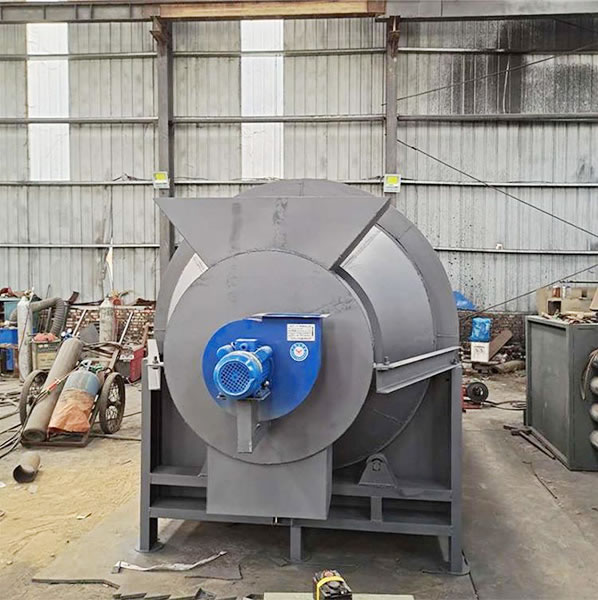






KABUL, AFGHANISTAN – The date industry in Afghanistan has long been an integral part of the country's agricultural sector and cultural heritage. Recently, this industry has witnessed significant growth and innovation, particularly with the introduction of small drying machines that are revolutionizing the way dates are processed and preserved.
Historically, dates have been a staple food source in Afghanistan, with various varieties grown across different regions of the country. However, the processing of these dates has often relied on traditional methods such as sun-drying, which can be time-consuming and weather-dependent.
The advent of small, portable drying machines has brought about a significant change. These machines allow for a more controlled and efficient drying process, resulting in higher-quality dried fruits. Moreover, they can be easily operated by individuals or small groups, making them accessible to a wider range of producers.
"These drying machines have been a game-changer for our business," says Abdul, a farmer from Helmand province. "We can now dry our dates quickly and efficiently, regardless of the weather conditions. This has allowed us to increase our production and export our products to new markets."

The increased availability of high-quality dried dates is not only benefiting local farmers but also expanding the market reach of Afghan dates. With improved product quality, Afghan dried dates are finding their way into international markets, contributing to the growth of the country's economy and providing additional sources of income for farmers.
"The development of this industry is crucial for our country's economic stability and growth," says Hafizullah, a representative from the Ministry of Agriculture, Irrigation, and Livestock. "Not only does it provide employment opportunities, but it also promotes sustainable agriculture practices and preserves our cultural heritage."
As Afghanistan's date industry continues to flourish, small drying machines are proving to be an invaluable tool in its advancement. They represent not only technological progress but also a testament to the resilience and ingenuity of the Afghan people. As the industry grows, it is hoped that this success story will inspire further investment and innovation within Afghanistan's agricultural sector.